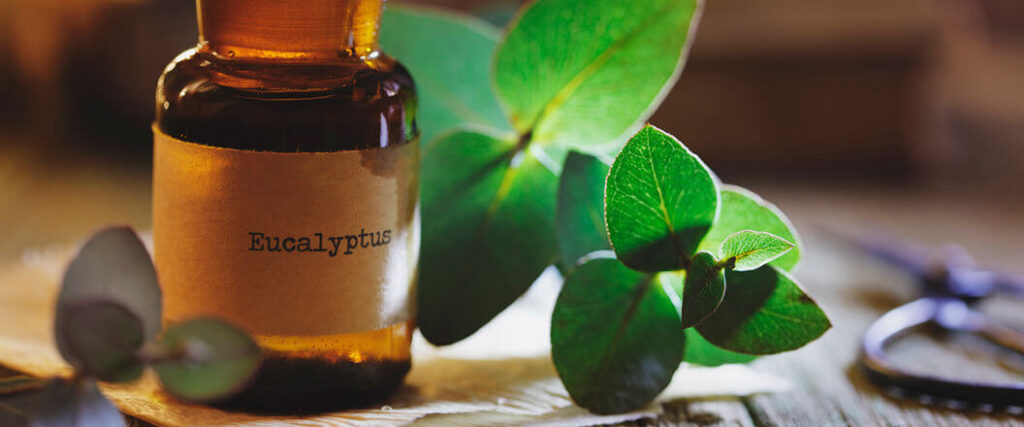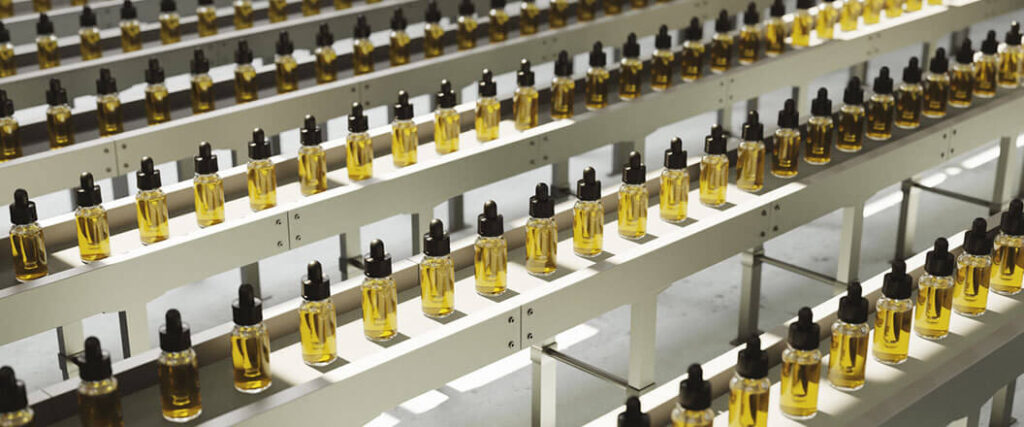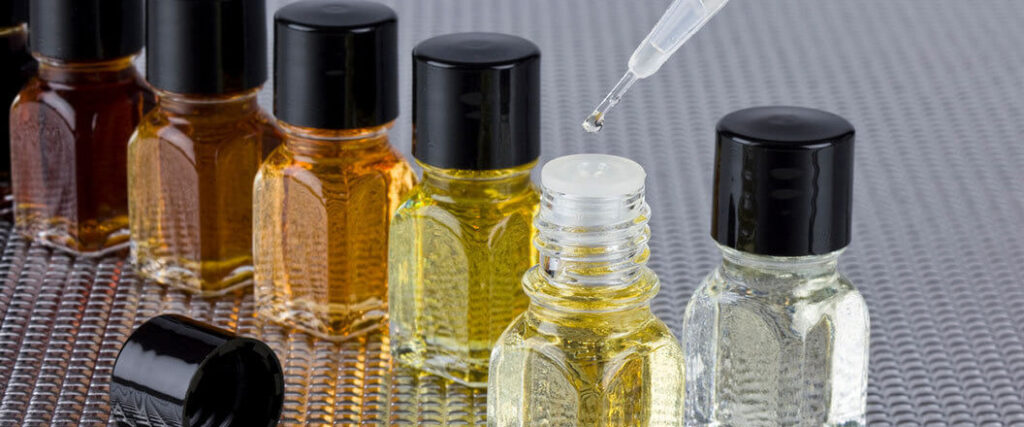
Importing essential oils into the US is more challenging than one may think. This commodity falls under the jurisdiction of several federally run departments and agencies. Anything used for the human body must be regulated and controlled.
The Food and Drug Administration (FDA) and the Animal and Plant Health Inspection Service (APHIS) both regulate the import of essential oils into the U.S. Once Customs and Border Protection (CBP) has accepted your shipment, further inspection may be required at the port before formal clearance is given.
The essential oils industry is a rapidly expanding sector of the organic vitamins industry. Learn more about essential oils and how to import them into the United States.

According to the National Institute of Environmental Health Sciences (NIH), essential oils are plant-based extracts acquired by distillation or mechanical pressing techniques. There are many different strains of plant-based extracts that create this commodity.
Often referred to as an alternative form of medicine, essential oils are used aromatically and topically on the skin. In most cases though, aromatherapy is the delivery method for an energizing sensation or even a more grounded soothing feeling.
10 of the most common ailments treated by essential oils are:
The National Library of Medicine (NLM) under the National Center for Biotechnology Information (NCBI) produced a study on essential oils like tea tree and lavender. The study outlines the potentially harmful effects of certain oils.
While harmful or hazardous results can and will happen, the chances are marginal and generally should not alarm you. However, it is best to consult with a medical professional in order to determine what the risks are associated with essential oils and you.
WebMD discusses the potential side effects of using essential oils, including some clearly outlined negatives. While essential oils have been linked to several harmful effects over the years, harmful side effects are typically uncommon.

Worried about the Import Regulations? Ask Our Experts.
Our 45 Minute Licensed Expert Consulting Will Personally Guide You.
There are many use cases for the extracts of plants and other vegetation. In order to produce this extract, large amounts of plants and other biologics like fruit, leaves, bark, etc. must be used. Essential oils are used for treating a wide variety of health concerns dealing with the skin, pain, and sickness.
There are two main applications for this commodity, applying it to the skin directly, and using it aromatically. The jury is still out on evidence regarding the multitude of health benefits associated with this personal care product, along with the possibility of any harmful side effects.
15 of the most common oil extracts are:
These 15 different extracts serve as an example of the wide-ranging purposes found by using them. However, it is important to know how to choose the best quality essential oils for your desired needs.
With the absence of a federally mandated grading system surrounding the quality of these oils, it takes personal knowledge and evaluation. Thoroughly marked product description labels, clear containers, and a trusted reputation are all good indicators of the product they manufacture.

The popularity of essential oils goes without saying. For years, the impact of this commodity has been quite fantastical. The market growth for these medicinal extracts is beyond astounding and continues to grow exponentially every year.
According to the Observatory of Economic Complexity (OEC), the U.S. is the world’s largest importer of essential oils. Currently, chief exporting nations like France, China, and Indonesia provide the U.S. with the bulk of this particular commodity.
| Year | Market Size (Billions) |
| 2022 | 19.70 |
| 2023 | 20.97 |
| 2024 | 22.32 |
| 2025 | 23.76 |
| 2026 | 25.30 |
| 2027 | 26.93 |
| 2028 | 28.68 |
| 2029 | 32.50 |
| 2030 | 34.60 |
The market projections outlined in detail that this industry is showing zero signs of slowing down. There hasn’t been a better time to jump into this lucrative market. The domestic demand for this product has a bright future
While these oils claim to have lasting effects on one's health, there can be some surprising side effects that are undeniably unwanted. Lasting damages have been aligned with the use of essential oils in some cases.

Importing these oils from top-producing countries such as France, China, and Indonesia takes a clear understanding of the U.S. import process.
Import regulations are something to take seriously if you are trying to import goods from an international market. In order to successfully clear customs when your cargo arrives at a U.S. port, there is critical information you need to know.
Essential oils fall under the jurisdiction and authority of the Animal and Plant Health Inspection Service (APHIS). This commodity is not referred to as cosmetic products, or medicinal by this agency, which falls under the Department of Health and Family Services (HFS).
The U.S. Customs and Border Protection (CBP) requires that essential oils must first pass any potential inspections by the Food and Drug Administration (FDA) before the CBP can process your imports for customs clearance.
The CBP requires the CBP Form 301 customs bond clearly filled out and accompanied by the following
As someone who does business with foreign businesses, you should also familiarize yourself with the best Incoterms for importers. These terms were put into place to help with the language barrier while also clearly marking the responsibility of each party during the importing process.
A customs broker or the importer of record is required by the CBP to complete and turn in form 301 with the requested additional information no later than five days prior to the shipment arriving at a U.S. port.
There are some damning effects that are the result of not adhering to this rule. Also, additional failures of compliance will lead to delays and fees. Failure to pay fines and claim your goods will result in a public auction after 60 days, so you want to be sure and comply with the rules.
While you, as an importer, can handle the task of importing, it is suggested to seek out the help of an import consultant. An import consultant can get you pointed in the right direction. For even more assistance, a customs broker can facilitate the entire import process for you.

Worried about CBP filing? Ask Our Experts.
Our 45 Minute Licensed Expert Consulting Will Personally Guide You.
APHIS, under the Department of Agriculture (USDA), regulates the importation of biological goods from other countries. The purpose of this government body is to protect the ecology of the U.S. and its inhabitants.
In 1900, the federal Lacey Act was enacted and later amended over time. The Lacey Act was later on expanded through the Food, Conservation, and Energy Act of 2008. These acts regulate the import, export, sale, and distribution of plant and animal products.
Under Chapter 33 of the Harmonized Tariff Schedule (HTS), there are four essential oils that require a Lacey Act declaration.
As recently as 2020, the USDA and APHIS published an official notice in the U.S. Federal Register where they announced the implementation of phase six of the updated enforcement schedule. Consulting with a customs consultant is recommended because of the constant changes.
Following the rules and regulations of the USDA, APHIS, and CBP are critical to getting your goods from a foreign shore to your business safely and securely. Fines and additional fees can mount fast, so you will want to pay attention to the smallest details to get it right.

You may wonder if essential oils require FDA approval before they can be imported into the U.S. properly. The short answer is, no, the FDA does not require approval. This product category sits in an unusual gray area, unlike importing sunflower oil from overseas.
Natural or alternative is the term used to describe essential oils. Ironically, around 40% of all pharmaceuticals are plant-based or derived from plants. So then why are pharmaceuticals regulated and not essential oils?
Examples of why pharmaceuticals and essential oils are different in the eyes of the FDA:
The FDA actually performs an entirely different role for essential oil manufacturers, distributors, and sellers. They are more interested in the marketing, and the advertised claims of this product.
Most of the FDA’s resources surrounding essential oils, or any other natural product, revolve around their ingredients and the claims made by the manufacturer. The moment a claim is made for medicinal applications, the FDA will force a drug classification on the product.
When it comes to aromatherapy, the rules tend to drift from grey areas to more refined ones. The FDA considers aromatherapy a drug or cosmetic due to the intended use of treating physical or psychological problems through inhalation.
Aromatherapy is often used to alleviate the following:
These areas of uncertainty can be extremely difficult to navigate, especially if the intended use falls in line with aromatherapy or has mixed applications of ingestion. Also, with constant changes to the Lacey Act, you will want to stay up to date on any regulatory changes.
It is important to understand that the FDA is constantly evaluating essential oils and any potential harm that can come to the environment or its population. Just like importing dietary supplements, it's not black and white, seek out the help of an import consultant and get it right the first time.

Our experts can facilitate or answer any questions you have regarding your imports. We are just a call or click away!
Our 45 Minute Licensed Expert Consulting Will Personally Guide You.
Importing essential oils can be very difficult if not done right. Fortunately, USA Customs Clearance offers a full suite of services to help you out along the way. If you are new to importing, our Importer Success Bundles are the perfect all-in-one solution to get you started.
Full list of services available:
Our team of consultants and brokers are standing by ready to provide you with their expertise and unmatched service while giving you the service you expect and appreciate. Give us a call at (855) 912-0406 or contact us online to get started on importing your essential oils today without delay.
 Copy URL to Clipboard
Copy URL to Clipboard
Add your first comment to this post